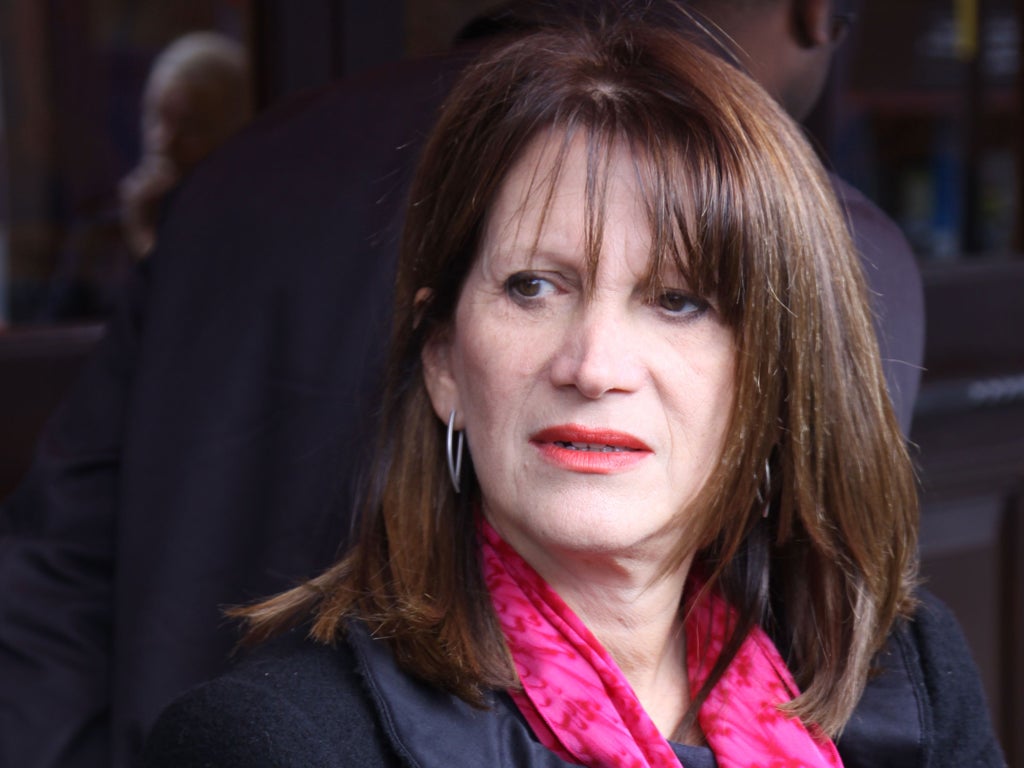Minister warns hardline regimes: respect your women or aid ceases
In Afghanistan, two million girls are now at school as a result of foreign aid donations

Countries that turn a blind eye to violence and prejudice against women could be threatened with losing development money from Britain, the Equalities minister said yesterday.
Lynne Featherstone also raised fears that girls and women in Afghanistan could face increased discrimination and persecution when Western forces were withdraw. In an interview with The Independent, she warned that women around the globe faced "endemic" brutality, with a third suffering violence, including one in four British women.
She said ministers consistently talked of the importance of women's rights in meetings with "influencers" – politicians, religious figures and the media – in the developing world and insisted Britain was "doing astonishing work in putting women at the heart of development work overseas".
But, speaking ahead of today's UN day for the elimination of violence against women, she signalled support for taking cash away from countries that defied pressure to respect women's rights. She denied the Government was waving a stick at countries with poor records on the issue and said it was instead trying to "encourage" them to respect human rights. "It's just saying that if you don't want to work with us, we won't work with you and you won't have our money," she said. "For a long time perhaps we haven't got as much bang for our bucks in the way we would have wished to, and we have seen money disappear into corrupt governments and not used."
Ms Featherstone, who is also the International Ministerial Champion on tackling violence against women, added: "We are very altruistic as a country, but we are not stupid." She said the position of Afghan women had improved after the Taliban's removal, pointing to the two million girls who were now at school as a result of aid into the country.
The Liberal Democrat minister said it would be "tragic" if that work was undone after Western forces left and the country did not change permanently for the better. But she admitted: "We are up against it – that's why I am doing some extremely high-level nagging about this issue... to impress upon male leaders there, our leaders here who are also mainly male, to make this a priority."
She said: "I can't be sure what I do is more than be a ripple in the pond. But what I do know about life is that if you don't ask, you don't get, if you don't raise issues, people don't take notice."
She said the Arab Spring uprising that ejected unelected governments in Libya, Egypt and Tunisia was a "moment of opportunity" for women in those nations to achieve equal rights to vote and work. "They stood shoulder to shoulder with the men during the uprising, they put their lives equally at risk – they need to be part of the solution," she said.
Does she mean us? Nations in line of fire
South Africa
Tens of thousands of cases of sexual violence reported to police in a year.
Kenya
High levels of domestic violence, including marital rape, which is not a criminal offence under the country's laws.
Liberia
The majority of reported rape cases involve girls under 16.
Tanzania
Female genital mutilation is being practised despite being prohibited in law.
Afghanistan
Women and girls "continued to face endemic violence and discrimination at home and in the public sphere".
Source: Amnesty International human rights report, 2011
Join our commenting forum
Join thought-provoking conversations, follow other Independent readers and see their replies
Comments
Bookmark popover
Removed from bookmarks